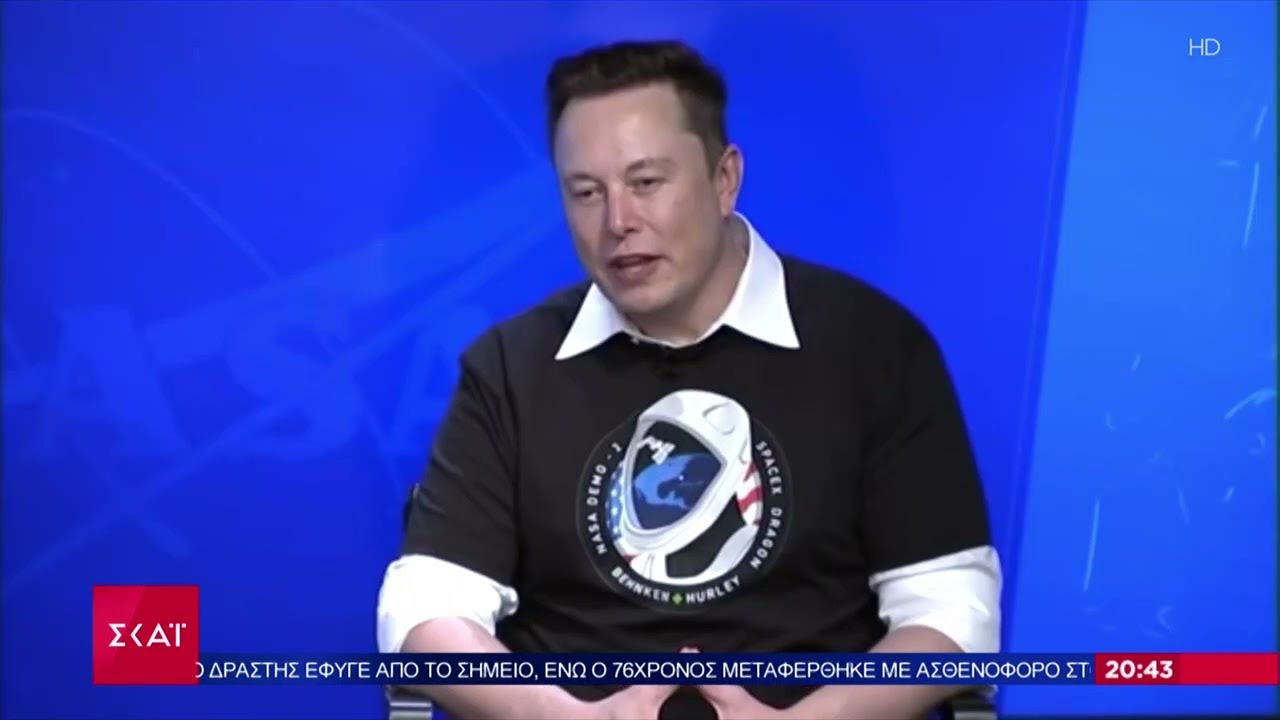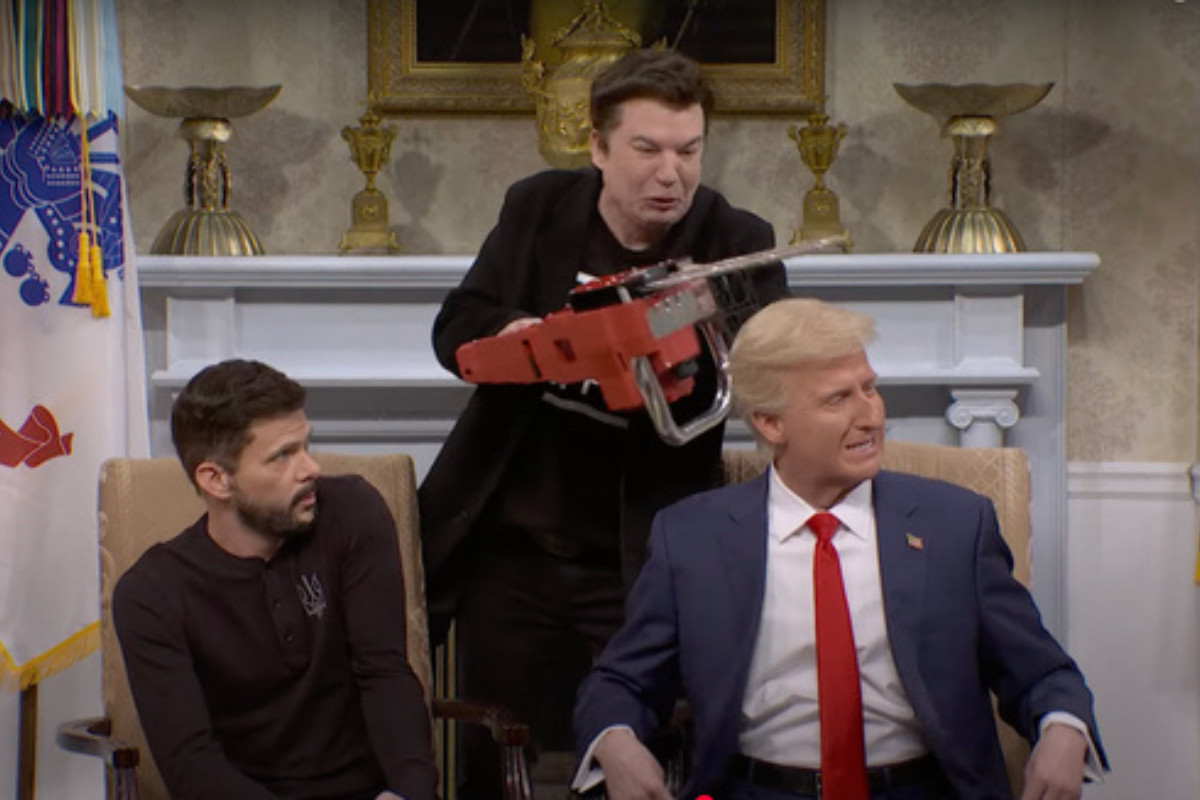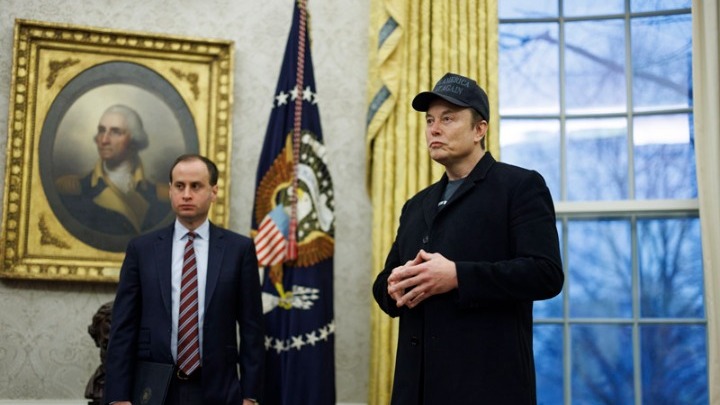Rome Trip For State Officials: Questions Raised Over Corporate Funding

Table of Contents
The Details of the Rome Trip
Who Went?
The Rome trip included four state officials: Senator Amelia Hernandez (Chair of the Senate Finance Committee), Representative Marcus Chen (member of the Transportation Committee), Governor's Chief of Staff, David Miller, and Assistant Attorney General, Sarah Lee. Their respective portfolios and areas of responsibility are crucial to understanding the potential implications of this trip. Senator Hernandez's position on the Finance Committee, for example, places her in a position to influence fiscal policy, while Representative Chen's role on the Transportation Committee relates directly to infrastructure projects.
What Did They Do?
The official itinerary, obtained through a Freedom of Information Act request, details a five-day trip filled with lavish activities. While the trip included meetings with Italian government officials focused on trade and economic cooperation, a significant portion involved high-end sightseeing, luxurious accommodations at the Hotel de Russie, and expensive dining experiences. Several evenings involved private dinners with executives from the funding corporation, raising concerns about potential lobbying efforts and undue influence. The itinerary also includes a private tour of the Vatican Museums, a visit to the Trevi Fountain, and tickets to the opera. Such extravagant activities raise questions about the appropriateness of using corporate funds for personal enrichment masquerading as official business.
How Long Was the Trip?
The trip lasted five days, from October 26th to October 30th. The duration of the trip, coupled with its extravagance, underscores the significant cost and potential for undue influence.
- Luxurious Accommodations: The state officials stayed at the Hotel de Russie, a five-star hotel known for its opulent suites and high prices.
- High-End Dining: The itinerary includes multiple expensive meals at Michelin-starred restaurants.
- Private Tours and Events: The inclusion of private tours and events further highlights the significant cost and potential for special access and favors.
Corporate Funding and its Implications
Identifying the Corporation
The corporation responsible for funding this trip is OmniCorp, a multinational conglomerate with significant interests in infrastructure development and finance. OmniCorp's business interests directly intersect with the portfolios of several officials who participated in the trip, creating a potential conflict of interest.
The Amount of Funding
The total cost of the Rome trip, according to official documents, exceeded $100,000. This substantial sum raises further concerns about the potential for undue influence and the lack of transparency surrounding the funding.
Transparency and Disclosure
The details of the funding were not publicly disclosed prior to the trip. There was no formal process for approving corporate-funded trips of this nature, leading to accusations of a lack of transparency and accountability. This absence of transparency undermines public trust and raises serious ethical questions.
- Lack of Documentation: There is a lack of clear documentation detailing the purpose of each meeting and event. This makes it difficult to assess the value of the trip for the state.
- Disproportionate Spending: The amount spent on luxury accommodations and entertainment appears disproportionate to the purported business objectives of the trip.
Ethical Concerns and Potential Conflicts of Interest
Appearance of Impropriety
The trip's opulent nature and lack of transparency create a significant appearance of impropriety, regardless of whether an explicit quid pro quo is proven. This appearance alone can damage public trust and undermine the integrity of state officials.
Impact on Public Trust
Trips like this erode public confidence in government and the integrity of state officials. Citizens have a right to expect that their elected officials are acting in their best interests, free from undue corporate influence.
Legal and Regulatory Frameworks
Current state laws regarding lobbying and corporate gifts to public officials are insufficient to address the complexities of lavish trips like this. The absence of stricter guidelines allows for potential abuses and necessitates legislative reform.
- Potential Conflict of Interest: OmniCorp currently has several infrastructure bills pending before the state legislature. Senator Hernandez and Representative Chen's presence on relevant committees creates a direct potential for conflict of interest.
- Lack of Oversight: The absence of clear guidelines regarding corporate-funded travel for state officials leaves opportunities for abuse and manipulation.
Conclusion
The Rome trip for state officials, funded by OmniCorp, highlights significant ethical concerns regarding transparency, accountability, and potential conflicts of interest. The cost of the trip, the lack of public disclosure, and the corporation's business interests raise serious questions about the integrity of our state government. The appearance of impropriety, even without evidence of a direct quid pro quo, erodes public trust.
Demand accountability for your state officials. Investigate corporate-funded trips and demand greater transparency. Ensure transparency in government and reform state laws regarding lobbying and corporate influence. Contact your representatives and demand stricter regulations to prevent similar incidents in the future. Let's work together to ensure that future state-funded trips are conducted with utmost transparency and accountability.

Featured Posts
-
 The Meaning Of Clasp Michelle Williams On Her Dying For Sex Scene With Marcello Hernandez
May 18, 2025
The Meaning Of Clasp Michelle Williams On Her Dying For Sex Scene With Marcello Hernandez
May 18, 2025 -
 Offseason Heartbreak Angels Star Faces Family Health Challenges
May 18, 2025
Offseason Heartbreak Angels Star Faces Family Health Challenges
May 18, 2025 -
 Raw Snl Audience Cursing Caught On G105 Broadcast
May 18, 2025
Raw Snl Audience Cursing Caught On G105 Broadcast
May 18, 2025 -
 Diddy Assault Accusations Cassies Response And Happy Announcement
May 18, 2025
Diddy Assault Accusations Cassies Response And Happy Announcement
May 18, 2025 -
 Amsterdam Knife Attack Police Raid Hotel After Multiple Injuries
May 18, 2025
Amsterdam Knife Attack Police Raid Hotel After Multiple Injuries
May 18, 2025
Latest Posts
-
 Bowen Yang Lands A New Role A Blend Of Heart And Humor
May 18, 2025
Bowen Yang Lands A New Role A Blend Of Heart And Humor
May 18, 2025 -
 Snl O Maik Magiers Ypodyetai Ton Ilon Mask Kritiki Kai Analysi
May 18, 2025
Snl O Maik Magiers Ypodyetai Ton Ilon Mask Kritiki Kai Analysi
May 18, 2025 -
 O Ilon Mask Sto Snl I Komiki Ermineia Toy Maik Magiers
May 18, 2025
O Ilon Mask Sto Snl I Komiki Ermineia Toy Maik Magiers
May 18, 2025 -
 Post Tna Sacrifice Mooses Injury And Impact On The Hardys
May 18, 2025
Post Tna Sacrifice Mooses Injury And Impact On The Hardys
May 18, 2025 -
 Maik Magiers I Ermineia Toy Ilon Mask Sto Saturday Night Live
May 18, 2025
Maik Magiers I Ermineia Toy Ilon Mask Sto Saturday Night Live
May 18, 2025
